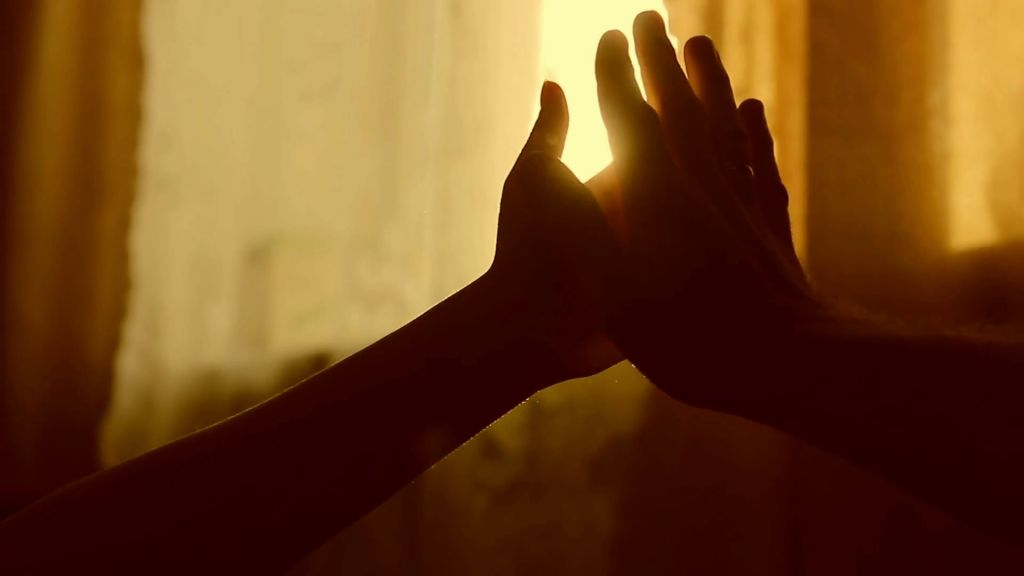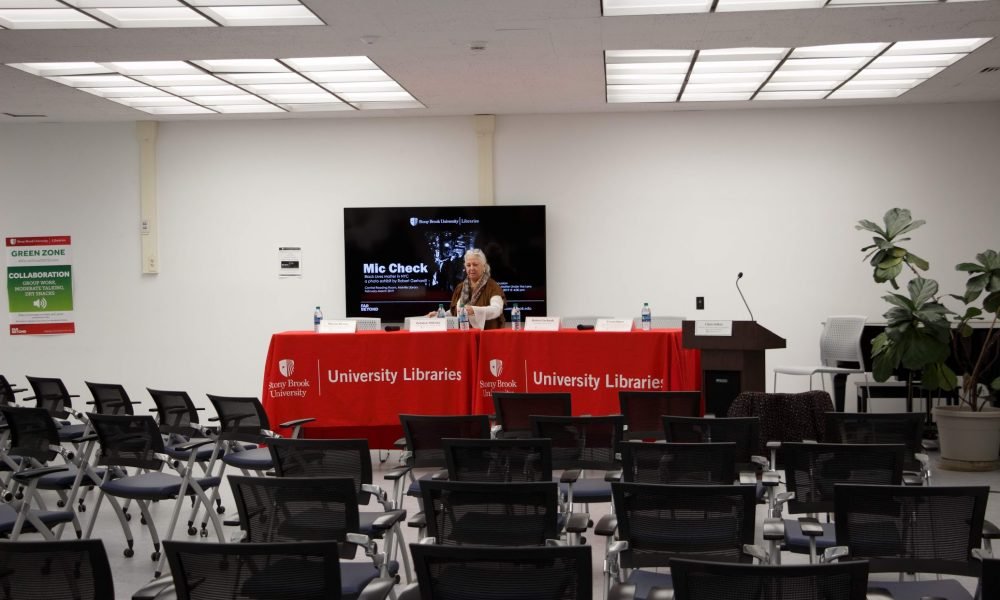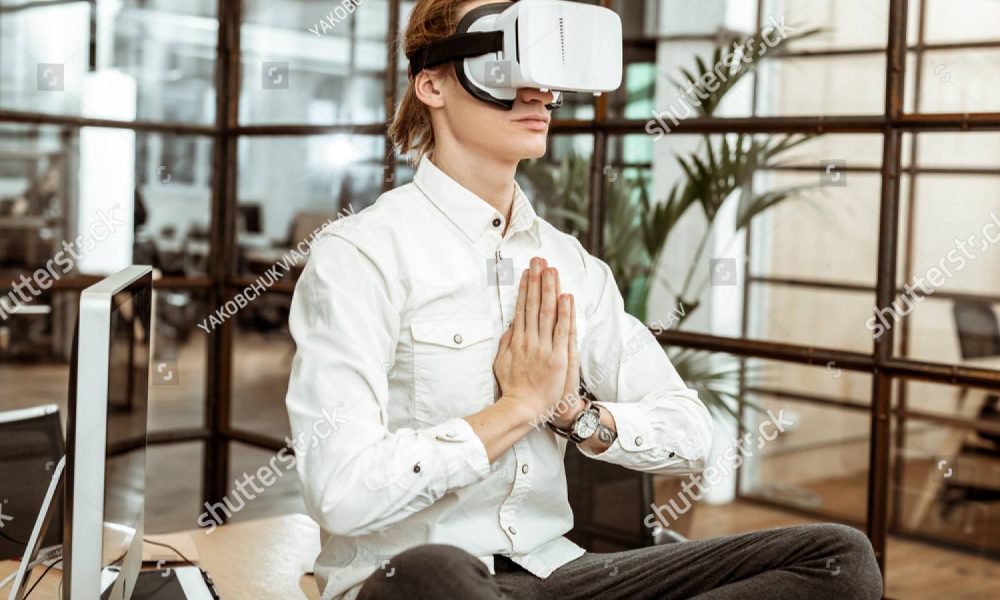“Is it a case of right person, wrong time?” I ask myself, tears dried on my face as I walk to my dorm from my girlfriend’s car. It’s midnight, and she’s leaving. She’s about to take a sullen but fast drive down the empty Long Island Expressway, and arrive home, where a mere two hours and thirty minutes separate us. But it feels like the distance between entire universes.
These walks back into Wagner after leaving her car are always the worst. I try, with earnest effort, to make sure that my back is not facing her as I walk away, but there’s a point where I must open the door, hiding my reddened, crying face. She usually doesn’t cry as I do when we’re leaving each other (I’m the sensitive one), but she says that as soon as she sees my back as I walk away, tears fall. It’s heartache for both of us. All the time. But we never let heartache define us.
A long-distance relationship, by most people’s definitions, presupposes a lack of attachment and an inevitable end — especially when it comes to college, where people are trying to shed their old high school skin. To many, holding onto a lover from when you were in high school is bound to leave behind some old skin that could shed. It’s a remnant of the past you’re trying to forget. But I didn’t meet her in high school. We met in the summer, completely untied from high school’s vast social spiderweb and the contorted social norms that govern it. We matured at a different rate than our peers and couldn’t really relate to what people our age were saying.
She’s a year older than me. She was done with her first year of college when I met her in June 2018. I was getting ready for my first semester. And even though it’s assumed that LDRs don’t survive college, they can be even better than a conventional relationship, given that the relationship is healthy and the love is true. In my case, it’s been a shitshow at times. Sometimes I wonder if the distance is just killing me slowly, if the signs of emotional trauma will only be conceivable in retrospect. But in the end, I know that it’s a balanced situation, with inevitable downsides and beautiful upsides. And if we can survive the distance, we can survive anything.
I won’t lie and say that my LDR initially limited my ability to fully immerse myself in the “college experience,” by my own fault. I was here and she was there, so I spent a lot of my time alone, waiting around for her. I’d sit, waiting for her calls, her text messages, and reading the letters she left me. It was depressive in a way. It was something I couldn’t control and didn’t want to avoid. In a somewhat perverse way, I liked being sad because a small part of me feared that letting go of the negative emotions would make me forget about her and lose feeling. I couldn’t control the distance though, and it’s always a mistake to dwell on what you can’t control. What matters is how you deal with it. A large part of me feared that I would have to deal with a bad case of “out of sight, out of mind,” so I always forced the thought of her into my mind. This left me in a shell. I trapped myself in my own mind on purpose, and I socially withdrew. I became overly attached and overly committed to her in order to compensate for the distance. But I learned quickly that this needed to change, which is something you should constantly be doing in a healthy relationship: learning about yourself, especially in reference to the person you are committed to.
What I didn’t know, on the contrary, is that pursuing my own individuality and living up my college experience would make us closer. Absence makes the heart grow fonder, don’t they say? This is where the distance does shine a little bit: It slightly overrides the natural part of a relationship where you start to take your partner for granted. Everyone gets used to their partner and needs a reminder of all that they do to make you feel loved and special. All I had to get used to was my partner’s speech, the things she’d say to me over the phone. While I did start to take her for granted, on account of my own faults, that would have happened quicker and perhaps more maliciously had I been in her physical presence every day. In this process of acclimation to my partner’s words, I learned a key lesson about expectations — something that would change the way I approach all aspects of my life, not just my relationship.
 There are going to be days where things don’t go according to plan. Yes, this sounds banal, like something a child should know, but it’s relevant. In a relationship, people’s inner children can shine. It’s a place where being emotionally unrestrained, like a child, is warranted. Our interiors are everted to reveal the deepest parts of ourselves that need nurturing. A good relationship babies you in this way, but not to the point of codependency. And when you’re treated with this near-babying level of compassion, you can become spoiled. It’s easy to become emotionally demanding, or to hold on to expectations for your partner obstinately — it’s easy to get upset when your partner isn’t acting the way you want them to, and I am very much guilty of this.
There are going to be days where things don’t go according to plan. Yes, this sounds banal, like something a child should know, but it’s relevant. In a relationship, people’s inner children can shine. It’s a place where being emotionally unrestrained, like a child, is warranted. Our interiors are everted to reveal the deepest parts of ourselves that need nurturing. A good relationship babies you in this way, but not to the point of codependency. And when you’re treated with this near-babying level of compassion, you can become spoiled. It’s easy to become emotionally demanding, or to hold on to expectations for your partner obstinately — it’s easy to get upset when your partner isn’t acting the way you want them to, and I am very much guilty of this.
I came home from a wonderful day, where I’d received good marks on an important test and been productive in my personal interests. I FaceTimed my girlfriend, as per routine, and started to spout off about my day and how I was feeling motivated and elated. I asked her how her day was, and with great effort, she let out, “It was fine,” and sighed. Instead of delving into why her mood was off, I got upset that her mood didn’t match mine. I was upset that she didn’t validate me for my achievements that day. If I didn’t have an expectation for what she’d say, we could’ve had a beautiful conversation, which we did later. This attitude I had is a small example of how I face my own worlds, inner and outer.
Expectations never match up with reality. I’ll sit down to write a song, draw or even write this piece with ideas of grandeur in my mind, and end up wanting to quit when it doesn’t match up exactly to my vision. I’ll expect things from others, like kind words or kind actions, but I shouldn’t. To rely on what you expect from others is to be in a state of disappointment most of the time. I learned that expectations should be challenged, mitigated and held onto loosely, to adapt your idealizations with reality. I learned that love doesn’t expect, restrain or idealize anything, especially your significant other, because they are human. Humanity is infinitely indefinable and ever-changing — your partner is not always going to be at 100% or be consistent. But love understands this. It moves on, it’s patient and it adapts. You don’t “fall in love” and give over your entire being to another person — true and healthy love teaches you how to be with yourself.
This lesson I learned, along with numerous others that taught me how to shift my outlook on the universe, can be attributed to the testing aspects of my LDR. If I were home with her, able to fall into her arms every day, I’d stunt my own growth. If I were home with her, I might’ve never learned where I fell short in perceiving love in an immature light. We’re both very young, and this is my first serious relationship, her second. This leaves a lot of room for youthful ideation, for falling into the fairytale of love. This story of codependency and absolute disregard of the self, becoming one instead of two independent and powerful forces, lives in the romance genres and in high schoolers’ minds. A lot of love stories are depicting unhealthy relationships. What the distance did was sober us up from this idealization of love. It forced our love up against the cold reminder of reality and prevented us from reveling in the “honeymoon phase,” where life becomes cold and desolate in comparison to your love. Being coerced into remembering that life is still around you and that there’s more to it than this person, allowed me to let go of the idealistic notions of love that hold relationships back.
Overall, while the pain of an LDR can be debilitating, it’s a catalyst for growth. It’s like the idea of extreme suffering creating a new person, how people can triumph from trauma and turn their life around. Relationships are depicted as frivolous, especially in a stoic academic landscape. A healthy relationship between two mature adults can teach you who you are and how to empathize.
“Love is a mode of knowledge,” the English spiritualist/intellectual Aldous Huxley once wrote. This is true in reference to the self and psychology; it teaches you how to break down the barriers within you that prevent you from sharing an empathetic and warm connection with someone, and teaches exactly how the mind of your significant other deserves to be tended to. It nurtures empathy, compassion and self-understanding. These tools are underemphasized, and that’s why relationships and love are seen as mere fodder. The truth is, love is here to stay, and we should all learn how it works. Only then will we be full products, being humans that can be incredibly useful and self-possessed. And to the academic world —that relies heavily on the idea of hermitage — isolating yourself entirely to study your passions — the products of healthy relationships can help you in your work, teaching you to be truly compassionate and warm.




Comments are closed.